Russian official says new confrontation likely in Europe if NATO doesn't offer security guarantees
A Russian diplomat says a new confrontation cannot be ruled out in Europe unless NATO gives Russia security guarantees, as the Western military bloc moves aggressively closer to Russian borders.
Konstantin Gavrilov, the head of Russia's delegation to the Vienna Negotiations on Military Security and Arms Control, made the remark at a meeting of the Organization for Security and Co-operation in Europe (OSCE) on Wednesday.
"We will not tolerate attempts to test our security. If the US and NATO do not respond to Russia's demand for security guarantees, our response will not be long in coming," Gavrilov said.
"We don't rule out a new spiral of confrontation in Europe," he added.
Russia and the US-led NATO have recently been at odds over Ukraine. Western countries accuse Russia of preparing for an invasion of Ukraine by amassing troops and armaments near the border with that country. Moscow says that it is free to move its military freely within its borders and that it is taking precautionary steps because of increased NATO activity near its territory.
Russian President Vladimir Putin has formerly warned the West against crossing the Kremlin's red lines by staging military exercises in and sending lethal weaponry to Ukraine. During a video call with US President Joe Biden earlier this month, the Russian leader demanded guarantees against NATO's expansion eastward.
Gavrilov reiterated the Kremlin's demand for legally-binding security guarantees that NATO will not further expand or deploy weapons that could threaten Russia along its western borders. He said Moscow wanted to hear a response to its proposals to de-escalate the situation in Europe, including by mandating the holding of military drills at a distance from the borders of NATO member states and Russia.
Gavrilov criticized NATO member states for ignoring Russia's security concerns for decades, refusing to consider Moscow's proposals to make Europe a safer place, and showing no willingness to cooperate.
The Russian envoy said that when Moscow reaches out but NATO declines to engage, "the conclusion is obvious: they have malicious plans against the Russian Federation."
Gavrilov said the West, considering its military and political steps taken so far, was attempting to destabilize the situation near Russian borders as NATO is gradually moving its infrastructure and weapons closer to the country.
"It's obvious to us that the course toward the absorption of Ukraine and Georgia by this bloc will entail the appearance there of offensive missile systems," with the missiles capable of striking central Russia very soon after being fired, the Russian envoy said, warning, "Such irresponsible behavior creates unacceptable threats to the national security of our country and stokes serious military risks for all sides."
Gavrilov's comments came just two days after Russia's Deputy Foreign Minister Sergei Ryabkov issued a similar warning.
Relations between Ukraine and Russia have been deteriorating since 2014, when the then-Ukrainian territory of Crimea voted in a referendum to fall under Russian sovereignty. The US and the European Union backed Kiev, refusing to recognize the referendum results and later imposing sanctions on Moscow.
Ukraine as well as the EU and the US also claim that Russia has a hand in an ongoing conflict that erupted in the Donbass region of Ukraine between government forces and ethnic Russians in 2014. The West imposed sanctions on Russia after accusing it of interfering in the conflict. Moscow denies the allegation.
Ukraine claims that Russia has deployed heavy-armored vehicles, electronic warfare systems, and nearly 100,000 soldiers near its border, while Russia says Ukraine has deployed half of its army, or 125,000 troops, to the Donbass, calling it “very dangerous adventurism.”
Zelensky’s name appears over 50 times in Epstein files: Opposition leader
Tehran rejects Trump’s riot death toll, demands proof
VIDEO | Police battle opposition protesters in Albanian capital
Israeli expansion across West Asia would be ‘fine’: US envoy
VIDEO | UK court frees remaining jailed members of Palestine Action
VIDEO | Former prince Andrew arrested by British police
VIDEO | Backlash mounts as Pakistan joins US-led Gaza ‘Board of Peace’
Saudi-Greece fiber optic project to pass through Syria instead of occupied territories: Report


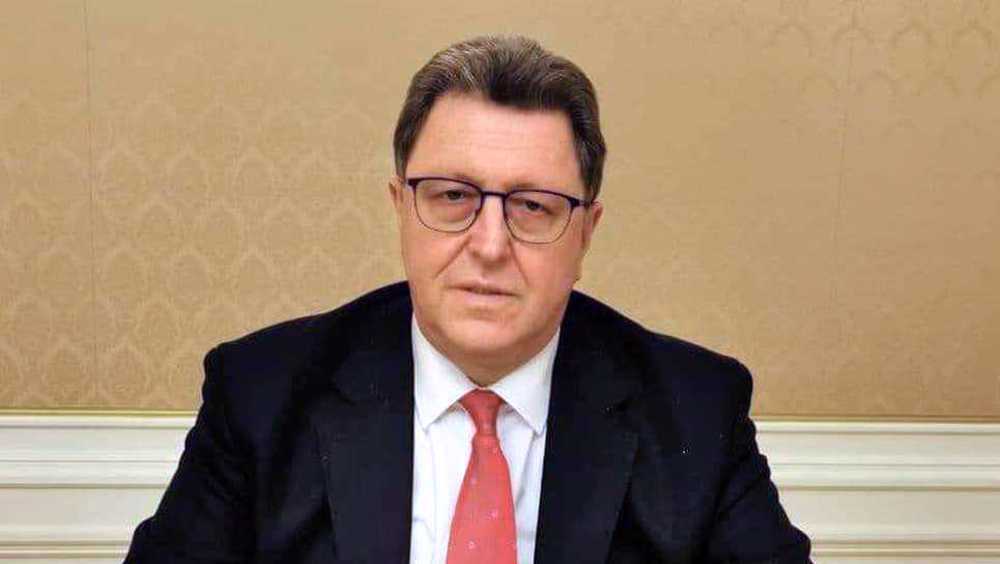
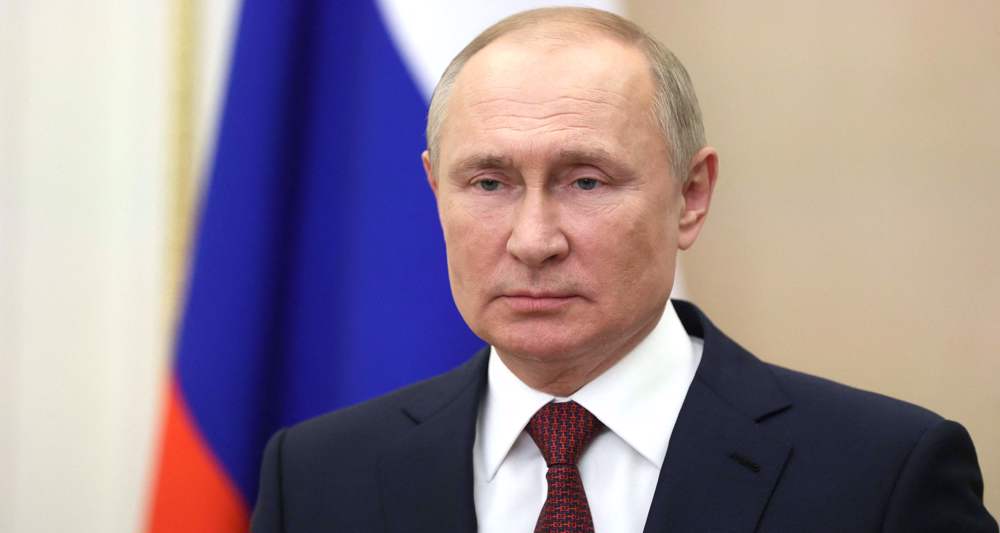
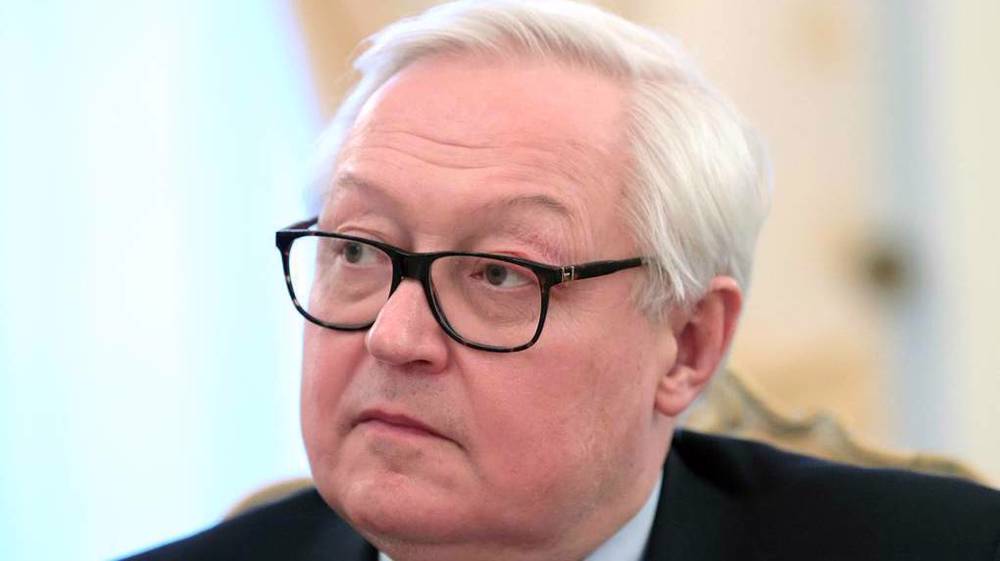
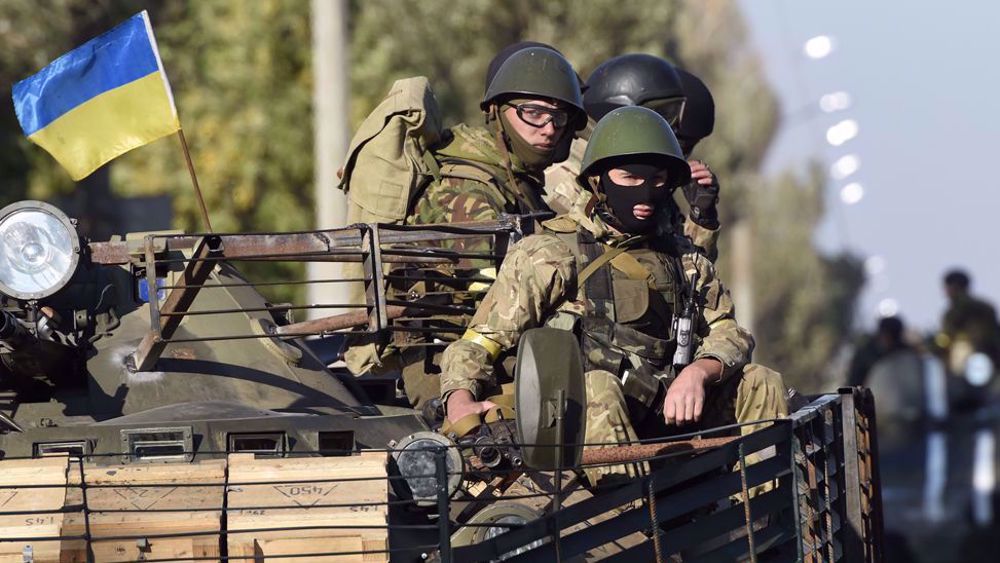
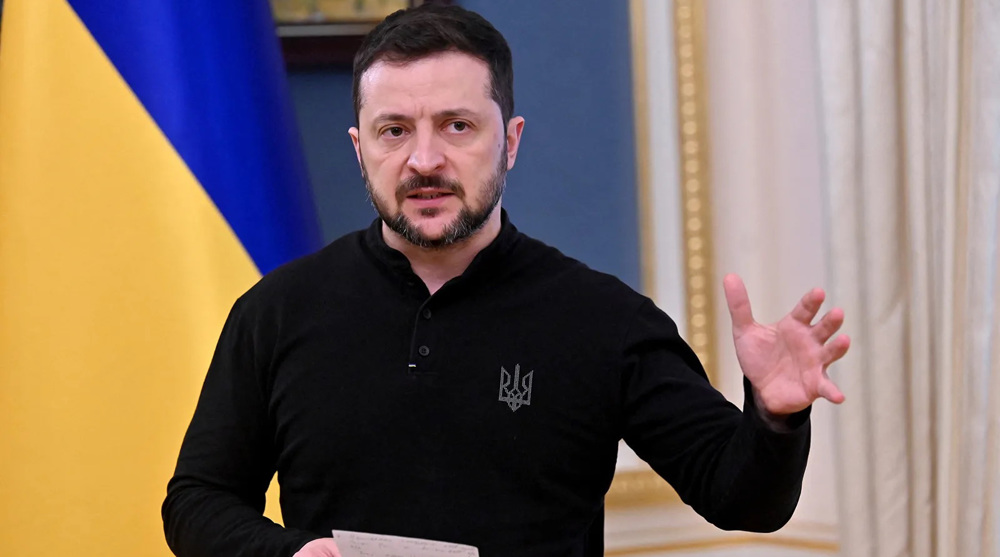
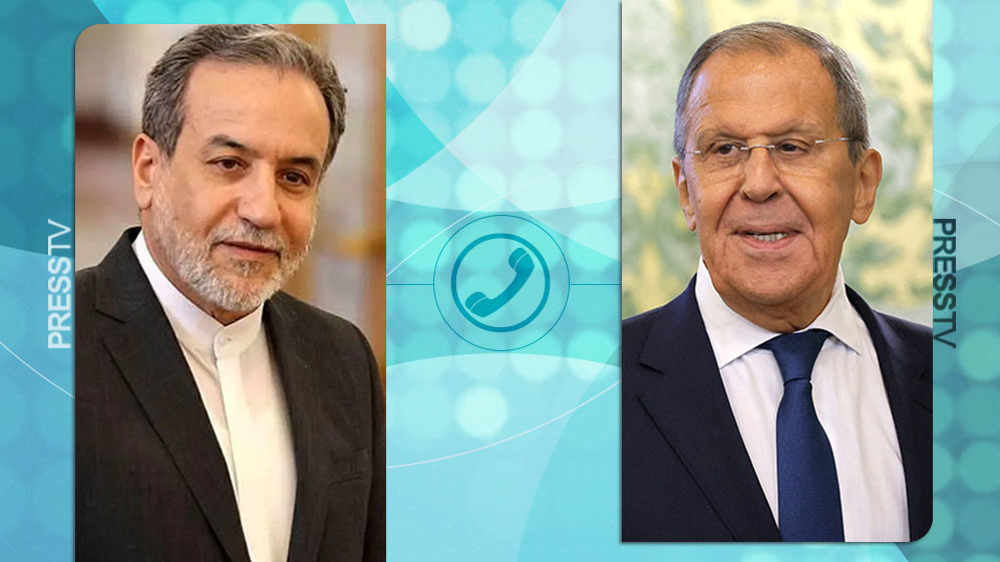
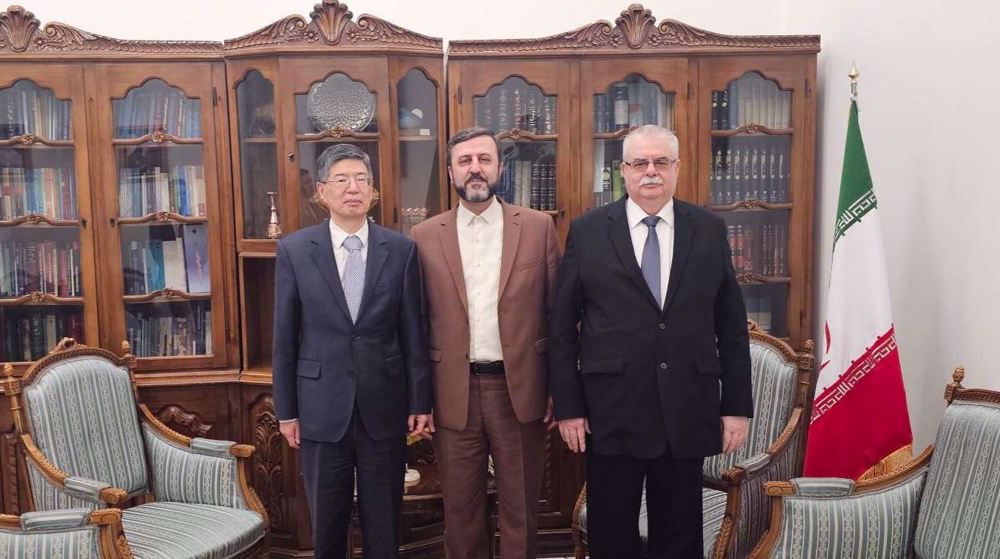



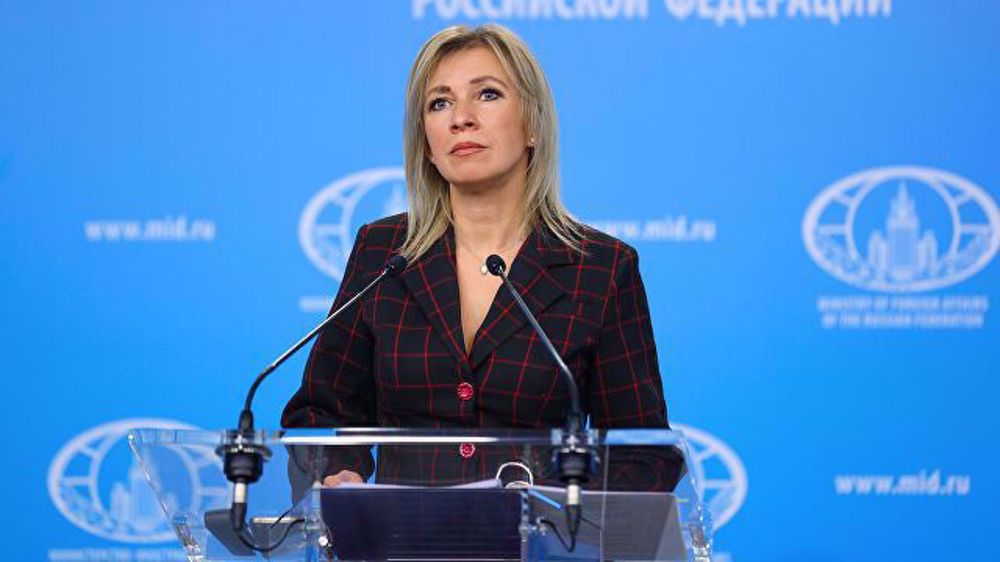
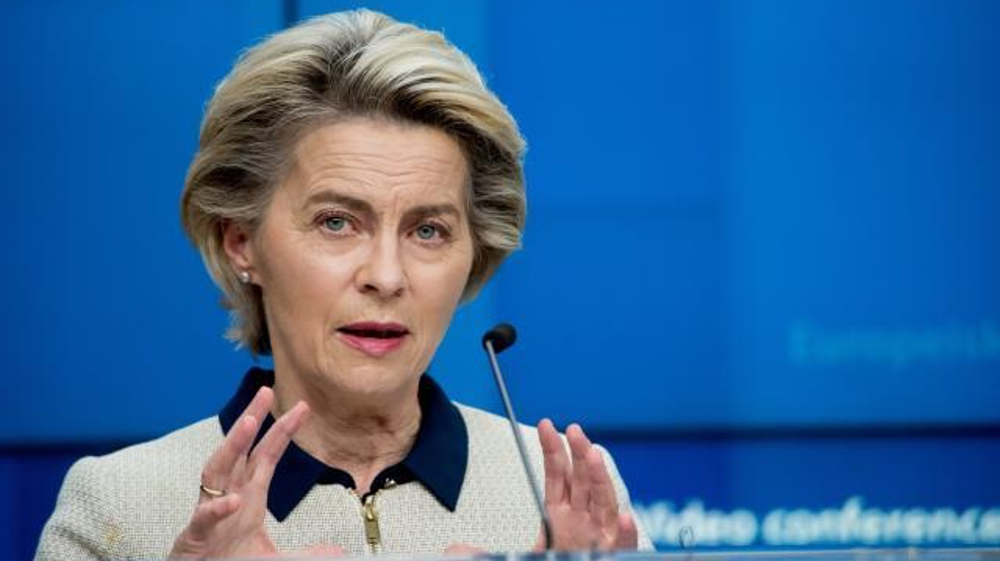

 This makes it easy to access the Press TV website
This makes it easy to access the Press TV website